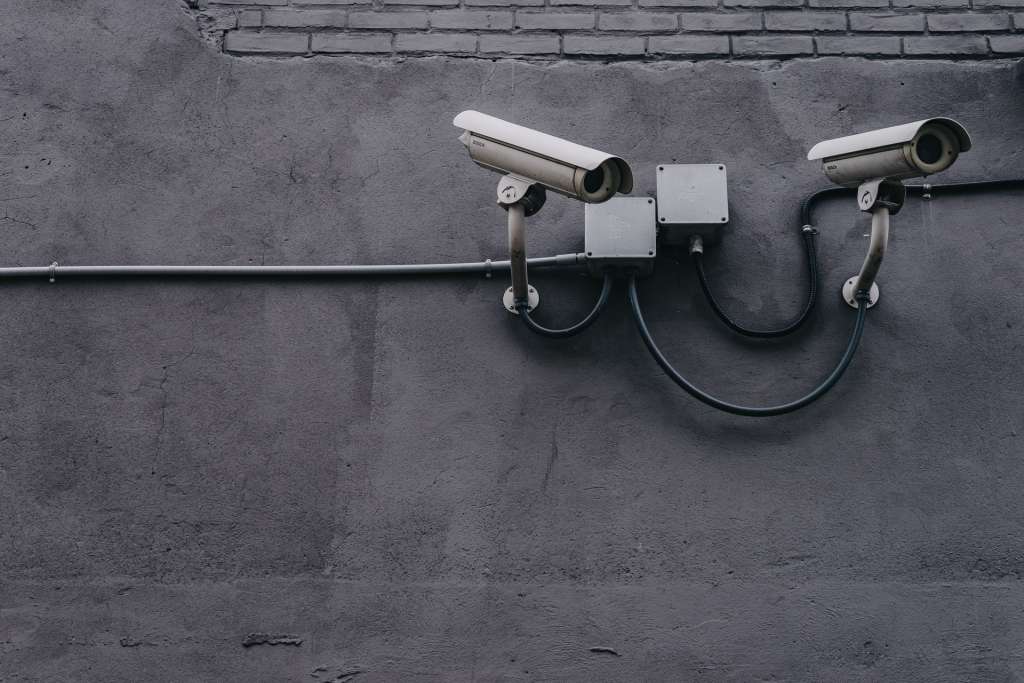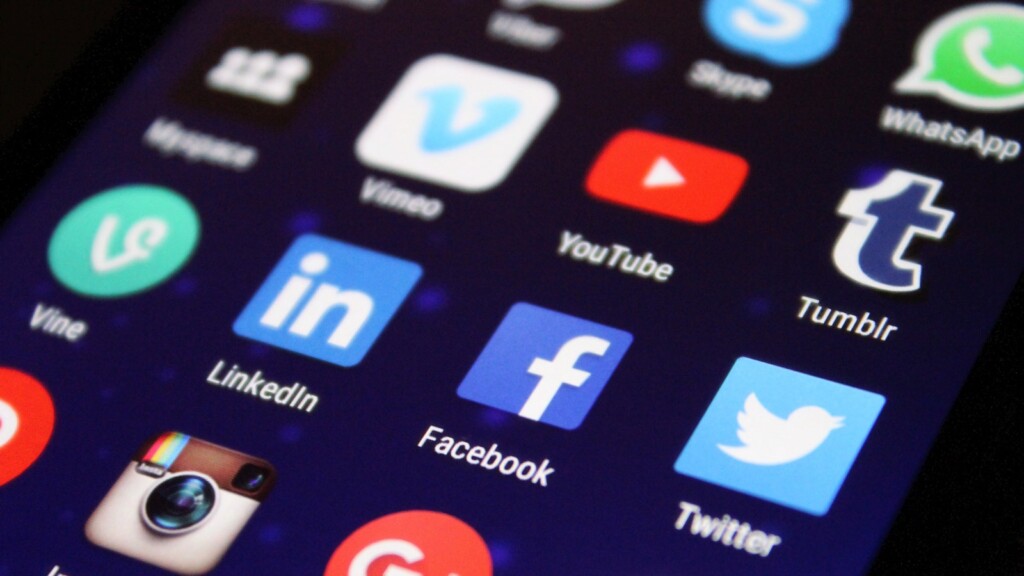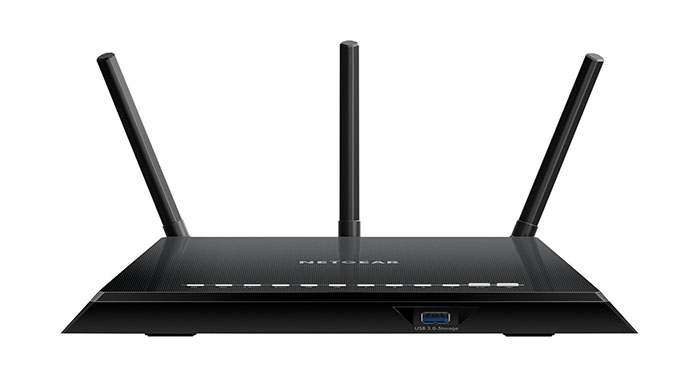
When you purchase through links on our site, we may earn an affiliate commission. Here’s how it works.
Are You Under Workplace Surveillance?
Few people would argue that our homes are where we absolutely deserve the maximum amount of privacy possible. When at work, however, there are so many grey areas you might think you've gone colorblind.
Each country has different rules about workplace privacy, but even in the least private regimes, you'll find bosses who go beyond the pale.
Usually, when you sign an employment contract, you are meant to be informed of the different ways that your employer can spy on you. When you log on to any of their digital systems there should be a clear disclaimer telling you that you are being watched and in what way it's happening.
However, you don't have to be told how you are under surveillance to know how they may be watching you. Employers have all sorts of tricks to keep an eye on you. These are some of the more common ones.
Good Old Camera Surveillance
CCTV cameras have been around for decades. Most people are pretty used to seeing them in the workplace. There's a limit to how much you can monitor using analogue solutions, but that's all changed with digital camera systems.
Camera surveillance has also become much cheaper, allowing employers to put cameras in all sorts of places they wouldn't have bothered before. Camera resolutions are now also better than ever, so the type of spying that can be done is in an entirely new league. Good enough to read screens and documents in some cases. Cameras are also getting easier to hide thanks to their small size, which means that you should assume any space you occupy at work might be under watch. Act accordingly.
Your RFID Badge
Having a badge with an RFID chip or barcode system is pretty much standard practice at most big companies these days. The card does more than show people you're actually supposed to be there. Whenever you present it to an access point it's entered into a digital log. Which means your movements are being tracked and can be used as evidence. If you come in late for work, they'll know. In the bathroom too long? They'll know that too. There's not much you can do about this, but you need to know that the badge around your neck is keeping an eye on you.
Your Boss Watches Your Social Media
I've written time and time again that social media is like a privacy own-goal, but I doubt that many people are going to give up their selfies and humble-brag posts overnight. There's a certain type of boss that takes maximum advantage of this public display of private activities. Don't think it's just your friends and family taking a good look at your holiday videos and photos.
A boss who wants to get rid of you might scour your social media profile for anything the company could dismiss you for. They might also use that information against you in various ways.
It's important to audit your social media privacy settings to make sure that only people you explicitly approve of can view your activities. Keep it professional and don't put your boss on your friend's list.
When it comes to platforms like Twitter you're better off using a pseudonym or having two accounts. You should be mindful of what you say regardless. If you don't you could lose your job.
Other Employees are Not Your Friends
Office gossip is almost never a good thing, but it really gets nasty when one of your own colleagues is prone to report everything to the higher-ups. This isn't a new thing, but it's easy to start thinking of work colleagues as friends in whom you can confide things.
The truth is that even your best friends shouldn't know information about you that's compromising. Work colleagues definitely should not know anything half as important. Be careful what you talk about or show to people who you work with.
They Read Your Emails
This might come to a shock to a lot of people, but all of your work emails can be read by your employer. That means anything you say in an email should be considered public correspondence when it comes to your employer at least.
The mail admin can also delete emails or mess with your mailbox. You should consider keeping a backup of your mail or sending copies to a mailbox you control completely. So that you have evidence of any disputes. After all, sometimes bosses forget to be circumspect in emails too!
Don't use your work email for anything but professional correspondence. It's just not worth it.
Your Work Computer Has Spy Software
There are all sorts of software solutions that help employers keep a watch on what their employees are doing. Some of it is overt. You'll actually use it to manage productivity and prove that you've spent time-on-task. It will take screenshots and measure mouse and keyboard movement. That sort of stuff. This is the friendliest way to spy on you and as long as you keep in mind that everything you do on that computer will be reviewed, it should be OK.
The problem really comes in when the spy software is hidden. Sometimes you can detect these hidden programs by opening the task manager and Googling and weird processes you see listed there. The most sophisticated spy packages act like rootkits and can hide themselves completely.
In any event, even if you do find such software on your computer, tampering it will tip off your employer. So it's best to treat every work computer under the assumption that it's being tracked.
Work WiFi is an Open Book
This should be one of the most obvious ones, but in case you didn't know your employer can see everything you do on their internet connection. Usually, all computers have to go through a proxy server or other gateway that logs all the sites you visit. This is how, for example, employers can block adult sites at work.
Avoid visiting non-work-related sites when using work internet. That includes using it on your personal devices connected to the work network. The only way to prevent this is by using a VPN such as ExpressVPN on your devices. However, some employers block VPNs as well, in which case you'll need a stealth VPN like TorGuard. Even if you get a VPN to work, your employer still knows you are using one. Installing it on your work machine is probably not acceptable, but if you have the VPN on your own device and are using the work account they can't stop you other than by banning you from the network.
Work Phones and Location Tracking
If you are issued devices by your job that have GPS technology in them, be very careful. In principle, it's possible for your employer to pull up a log of your whereabouts. Even after hours. Don't leave such devices in your car after hours. Leave them at your office or at your home address. There's no reason to hand your private time movement over to the place your work for.
Fight for Your Rights
The exact privacy laws when it comes to the workplace are unique to each country. Make sure you know the most important privacy rights that you have while at work. Try to determine what is acceptable and what steps over the line. If you discover evidence that your employer is spying on you in an illegal way, it's best to report it to the authorities.
Have you ever been monitored at your workplace? Feel free to share your thoughts in the comment section below. Also, make sure to follow us on Facebook and Twitter. Thanks!











